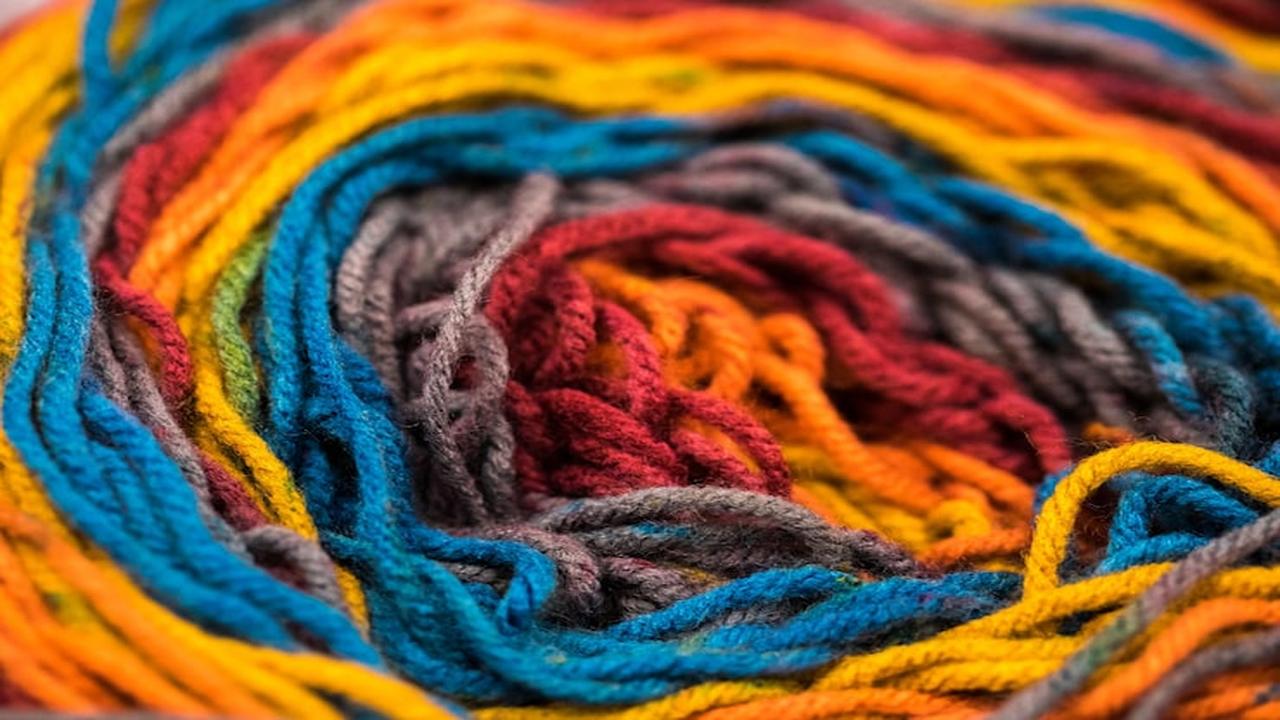 In a groundbreaking move towards sustainable textile production, Circulose and Jilin Chemical Fiber (JLC) have forged a strategic alliance to scale up the production of circular viscose filament yarn. This partnership signifies a pivotal shift in the industry, with JLC set to exclusively market and sell Jirecell globally, positioning it as a sustainable alternative to synthetic fibers. As demand for eco-friendly solutions continues to surge, the collaboration aims to enhance the use of recycled materials in textile manufacturing, with a focus on achieving greater circularity and reducing environmental impact.
In a groundbreaking move towards sustainable textile production, Circulose and Jilin Chemical Fiber (JLC) have forged a strategic alliance to scale up the production of circular viscose filament yarn. This partnership signifies a pivotal shift in the industry, with JLC set to exclusively market and sell Jirecell globally, positioning it as a sustainable alternative to synthetic fibers. As demand for eco-friendly solutions continues to surge, the collaboration aims to enhance the use of recycled materials in textile manufacturing, with a focus on achieving greater circularity and reducing environmental impact.
Sustainable Textile Production Expansion
The strategic partnership between Circulose and Jilin Chemical Fiber (JLC) marks a significant milestone in the textile industry's journey towards sustainability. By scaling up the production of circular viscose filament yarn, the collaboration aims to address the growing demand for eco-friendly alternatives to traditional synthetic fibers. With a focus on enhancing circularity and reducing environmental impact, the partnership underscores a shared commitment to leveraging recycled materials in textile manufacturing. This move not only aligns with the global push for sustainable practices but also positions both companies as leaders in driving positive change within the industry.
The decision to exclusively market and sell Jirecell globally signifies a deliberate shift towards promoting a more sustainable approach to textile production. By incorporating a higher percentage of recycled inputs into the viscose filament yarn, Circulose and JLC are not only meeting the market demand for eco-conscious products but also setting a new standard for circularity within the sector. This strategic alliance not only showcases a dedication to environmental stewardship but also highlights the economic viability of sustainable practices, paving the way for other industry players to follow suit in embracing more environmentally responsible production methods.
Industry Leadership in Circular Economy
As pioneers in the circular economy space, Circulose and Jilin Chemical Fiber (JLC) are positioning themselves as frontrunners in driving innovation and sustainability within the textile industry. The commitment to increasing the utilization of Circulose pulp in the production of Jirecell underscores a shared vision to establish a global benchmark for textile circularity. By incorporating 100% recycled textiles into the Circulose pulp, the partnership not only demonstrates a dedication to reducing waste but also showcases a tangible step towards creating a more sustainable supply chain. This strategic move not only solidifies the companies' reputations as sustainability champions but also sets a precedent for other industry players to prioritize circular practices in their operations.
The decision by Jilin Chemical Fiber (JLC) to expand its production capacity for next-generation man-made cellulosic fibers aligns with the broader industry trend towards sustainable sourcing and manufacturing. By investing in innovative solutions that reduce reliance on Ancient and Endangered Forest inputs, JLC is not only meeting consumer demand for ethically sourced products but also contributing to the preservation of natural ecosystems. This strategic expansion, coupled with the partnership with Circulose, positions JLC as a key player in driving the adoption of circular materials and technologies across the textile value chain. As the industry continues to evolve towards greater sustainability, collaborations like this one set a new standard for responsible business practices and environmental stewardship.
Market Readiness and Global Reach
The endorsement of Jirecell by Circulose CEO Jonatan Janmark as a demonstration of technical excellence and market readiness underscores the strategic foresight behind the partnership with Jilin Chemical Fiber (JLC). By leveraging JLC's global reach and leadership in the chemical fiber sector, Circulose is poised to accelerate the adoption of viscose filament yarn made with sustainable inputs. This alignment of technical expertise and market access not only positions both companies for success in meeting the rising demand for eco-friendly textiles but also signals a shift towards more sustainable sourcing practices within the broader textile industry landscape. As consumer preferences increasingly favor environmentally conscious products, the collaboration between Circulose and JLC sets a new standard for industry partnerships focused on driving positive social and environmental impact.
The commitment by Jilin Chemical Fiber (JLC) to set a global benchmark for textile circularity reflects a strategic intent to lead the industry towards a more sustainable future. By partnering with Circulose to promote the adoption of recycled fibers as the norm, JLC is not only aligning with evolving market trends but also differentiating itself as a forward-thinking and environmentally responsible player in the textile sector. This strategic collaboration not only highlights the importance of industry-wide partnerships in advancing sustainability goals but also underscores the economic benefits of embracing circular practices in a rapidly changing business landscape. As companies increasingly prioritize ESG considerations in their operations, alliances like the one between JLC and Circulose serve as a model for driving positive change and innovation in the global supply chain ecosystem.
Conclusion
The strategic partnership between Circulose and Jilin Chemical Fiber (JLC) heralds a new era of sustainable textile production, setting a global standard for circularity and eco-conscious innovation. By prioritizing recycled materials and market-ready solutions, these industry leaders not only showcase a commitment to environmental stewardship but also pave the way for a more sustainable future in the textile sector. As demand for ethical sourcing and transparency grows, this collaboration serves as a compelling example of how businesses can drive positive change through strategic alliances, emphasizing the crucial role of sustainability in shaping the future of supply chains.